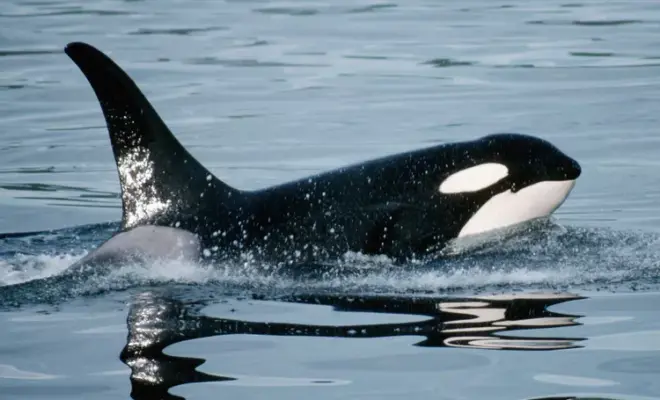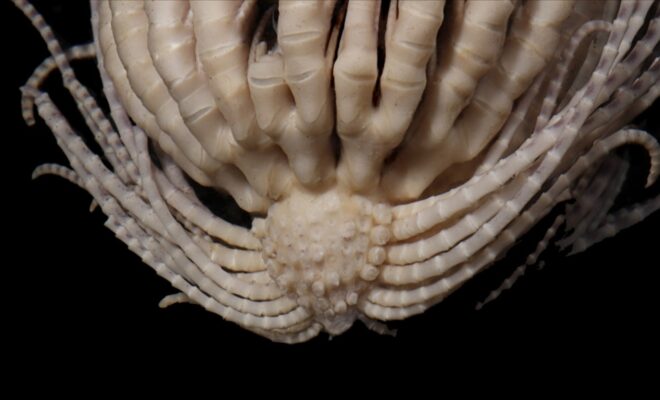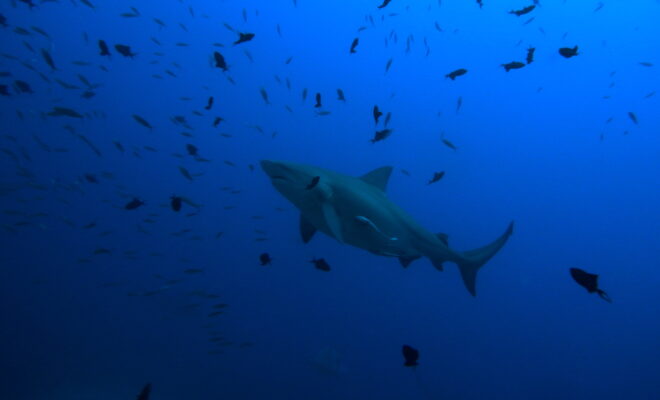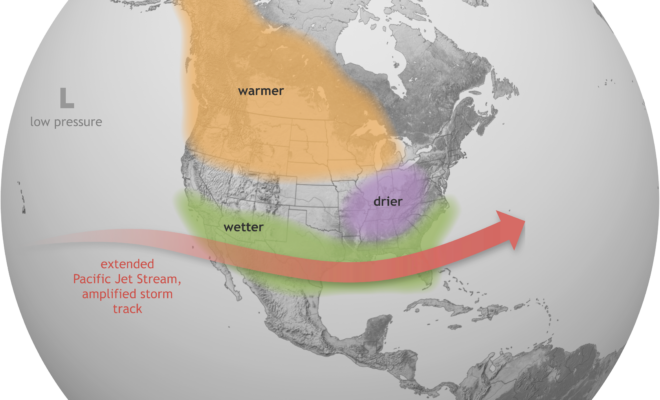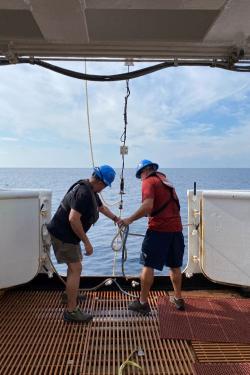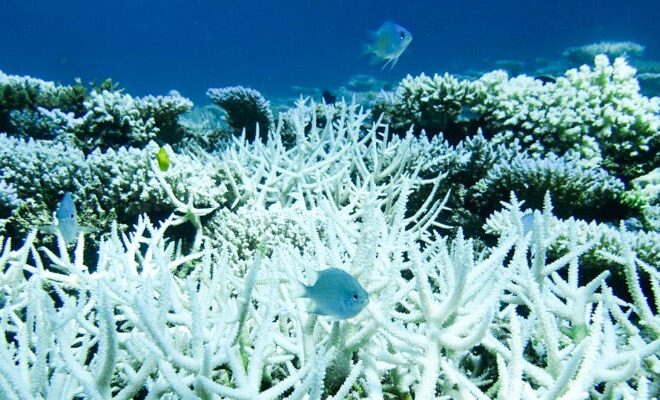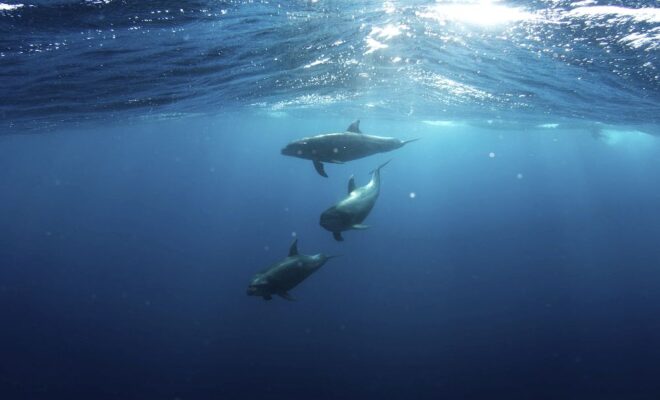The Dark Side of Lighthouses
11/18/2023 - By Amorina Kingdon. Lighthouse keeping is not for the faint-hearted. Keepers live in isolation, endure violent storms, and must be ready to respond to the occasional shipwreck. They have to be self-sufficient, handy, happy with their own company, and comfortable with heights. Still, today’s “wickies” have all the mod cons… SEE MORE

